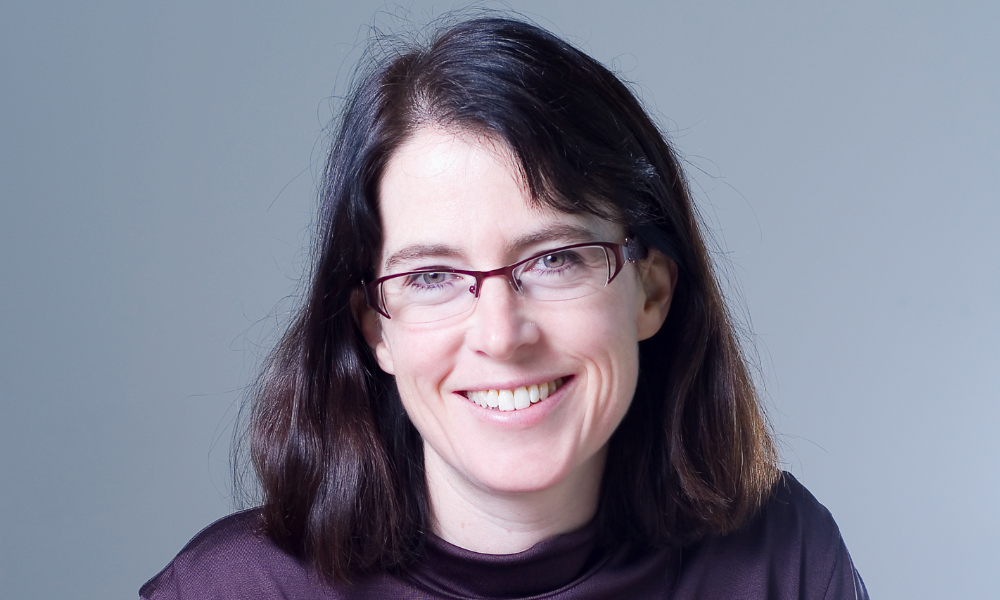
Funding will go towards legal research and training

The University of Calgary Faculty of Law received $900,000 funding from the National Cybersecurity Consortium to create programming to train future and current lawyers about cybersecurity. The funding is one of the largest grants for the law school.
The funding will be spent over the next four years to bolster the university’s curriculum and programming for lawyers to learn about how cybersecurity is affecting the law and legal practice.
Plans to apply for the funding began a few years ago with Greg Hagan, former Associate Dean for Research, who teaches about AI and privacy, and with Emily Laidlaw, the Canada Research Chair in cybersecurity law.
“We wanted to use our expertise and find an opportunity to do something more in cybersecurity,” says Lyndsay Campbell, Associate Dean Research at the University of Calgary Faculty of Law. “There are a lot of changes happening in cybersecurity, technology and the law, and there are several ways to approach the issues in legal education.”
The funding may be used develop specialized programming such as a certificate program or creating a specialization in the JD program about technology and cybersecurity. Visiting scholars and grad students for research will be the first recipients for the funding.
This funding is part of the overall strategy from University of Calgary to focus on transdisciplinary research, an approach where research is built around problems, not necessarily professions, to enable researchers from different backgrounds to work together to find solutions. Cities and societies, digital worlds, energy, health and life, and democracy are the key research areas in the University of Calgary’s strategic plan.
The focus is to teach about cybersecurity through several lens. For example, the faculty wants to examine how cybersecurity effects national security, intellectual property and immigration law.
“One issue is how technology affects human rights,” says Campbell. “We want to create programming that prepares future lawyers to see how human rights issues appear in different areas of the law.”
Campbell says many people don’t realize who much cybersecurity effects everyday life. “For example, Canadians tend to assume that financial transactions should be private,” says Campbell. “However, corrupt governments may actually benefit from privacy in international financial transactions. We have to be willing to think through how concerns around privacy shape the electronic financial transactions that governments, businesses, other organizations, and individuals rely on all the time.”
Artificial intelligence will be a huge topic and the university hopes to direct more research funding on issues involving using AI that has effects human rights. There is ongoing research on how AI is being used predict recidivism and identifying and misidentifying people in immigration screening.
“AI is of course not a legal phenomenon,” says Campbell. “It raises hard questions about the implications of being human - it’s as much a matter of philosophy as of law. We hope to use some of the funding to bring in visiting scholars to explore these kinds of questions.”
During the pandemic, the faculty of law did a pilot project where law students could take one or two courses outside of faculty of law in a topic related to an area of law they were interested in. Students took a variety of courses ranging from computer science and history, to courses in military studies and political science. Campbell says they hope to continue this program in creating programming in cybersecurity so students can get foundational knowledge on how technology works.
Part of the enthusiasm for the funding is the increased interest in the topic from graduate students. The University of Calgary traditionally had graduate students focused on national resources and energy but more students are coming to study technology. The goal is to create postdoctoral fellowships in the next couple of years and to explore creating a graduate certificate in cybersecurity. “We want to attract more graduate students who want to look at legal questions around security and technology,” says Campbell. “There are so many opportunities to train and do research in the cybersecurity and technology law area.”